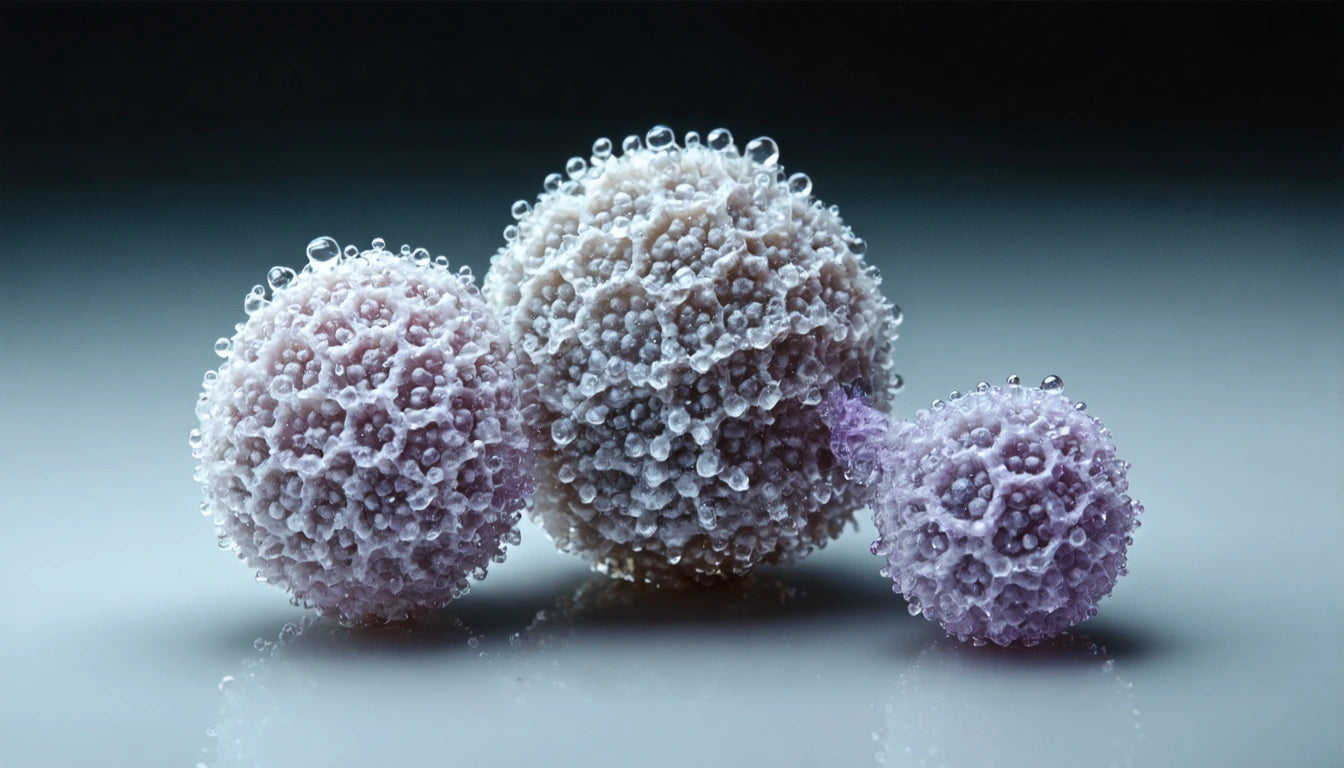Does Smoking Pot Affect Fertility and Cause Sterility?
The question of whether smoking pot affects fertility or causes sterility has become increasingly important as cannabis legalization spreads. While many users wonder "can smoking pot make you sterile," the relationship between cannabis and reproductive health is complex and nuanced. This article examines current research on how cannabis might impact fertility in both men and women.
Cannabis and Fertility: Overview
Cannabis contains over 100 cannabinoids, with THC (tetrahydrocannabinol) and CBD (cannabidiol) being the most studied. These compounds interact with the endocannabinoid system, which plays a role in reproductive function. According to research on cannabis and fertility, the endocannabinoid system influences hormone regulation, gamete production, and implantation.
The question "does pot make you sterile" cannot be answered with a simple yes or no. While cannabis may impact fertility parameters, claims of permanent sterility are not supported by current evidence. Most research indicates potential temporary effects that vary based on usage patterns, individual biology, and other lifestyle factors.
Impact on Male Fertility
Sperm Count and Quality
Several studies suggest that regular cannabis use may temporarily affect sperm parameters. Research on cannabis and sperm count indicates that frequent users may experience:
- Reduced sperm concentration
- Altered sperm morphology (shape)
- Decreased sperm motility (movement)
- Changes in sperm DNA integrity
These effects appear most pronounced in heavy, regular users. For those concerned about proper storage of cannabis products to maintain potency and minimize exposure to contaminants that could potentially compound fertility issues, proper storage solutions like mylar bags can help preserve product integrity and potentially minimize additional health concerns.
Hormonal Effects
THC may interfere with the hypothalamic-pituitary-gonadal axis, which regulates reproductive hormones. Studies on cannabis and male reproductive health have found:
- Potential decreases in testosterone levels with heavy use
- Altered luteinizing hormone (LH) and follicle-stimulating hormone (FSH) levels
- Possible impacts on sexual function and libido
These hormonal changes appear dose-dependent and typically reversible after cessation of cannabis use.
Impact on Female Fertility
Ovulation and Menstrual Cycle
The endocannabinoid system is involved in regulating the female reproductive cycle. Research on cannabis and female fertility suggests:
- Potential disruption of regular ovulation in some users
- Altered menstrual cycle length and regularity
- Changes in reproductive hormone levels
These effects appear most significant in regular, heavy users and may normalize after discontinuation of cannabis use.
Pregnancy Outcomes
For women who do become pregnant, cannabis use during pregnancy raises additional concerns beyond the initial question of "can pot make you sterile." Research indicates potential associations between prenatal cannabis exposure and:
- Slightly increased risk of low birth weight
- Potential impacts on fetal development
- Possible long-term developmental effects
Medical professionals generally recommend avoiding cannabis during pregnancy and while trying to conceive.
Frequency and Dosage Considerations
The impact of cannabis on fertility appears strongly dose-dependent. Occasional users may experience minimal effects, while daily, heavy users show more pronounced changes in reproductive parameters. Research on cannabis health effects suggests:
- Moderate to heavy use (multiple times weekly) may have more significant impacts on fertility
- THC concentration matters, with higher-potency products potentially causing stronger effects
- Method of consumption (smoking vs. edibles) may influence outcomes
- Individual factors like age, overall health, and genetic predispositions play important roles
For those concerned about fertility, reducing frequency and amount of cannabis consumption may be beneficial while trying to conceive.
Research Limitations and Future Directions
Current research on whether smoking pot affects fertility has significant limitations. Many studies rely on self-reported usage, have small sample sizes, or fail to control for confounding factors like alcohol use, tobacco smoking, or general health status. Additionally, research faces challenges due to cannabis's legal status in many regions.
Future research needs include:
- Larger, longitudinal studies tracking fertility outcomes over time
- Better controls for confounding lifestyle factors
- More research on female fertility effects, which are currently understudied
- Investigation into potential differences between various cannabis products and consumption methods
- Studies on potential reversibility timeframes after cessation
While the question "does smoking pot make you sterile" remains complex, the current consensus suggests that while cannabis may temporarily impact fertility parameters, claims of permanent sterility are not supported by evidence. For individuals concerned about reproductive health, discussing cannabis use with healthcare providers and considering temporary cessation while trying to conceive may be prudent approaches.











Leave a comment
All comments are moderated before being published.
This site is protected by hCaptcha and the hCaptcha Privacy Policy and Terms of Service apply.